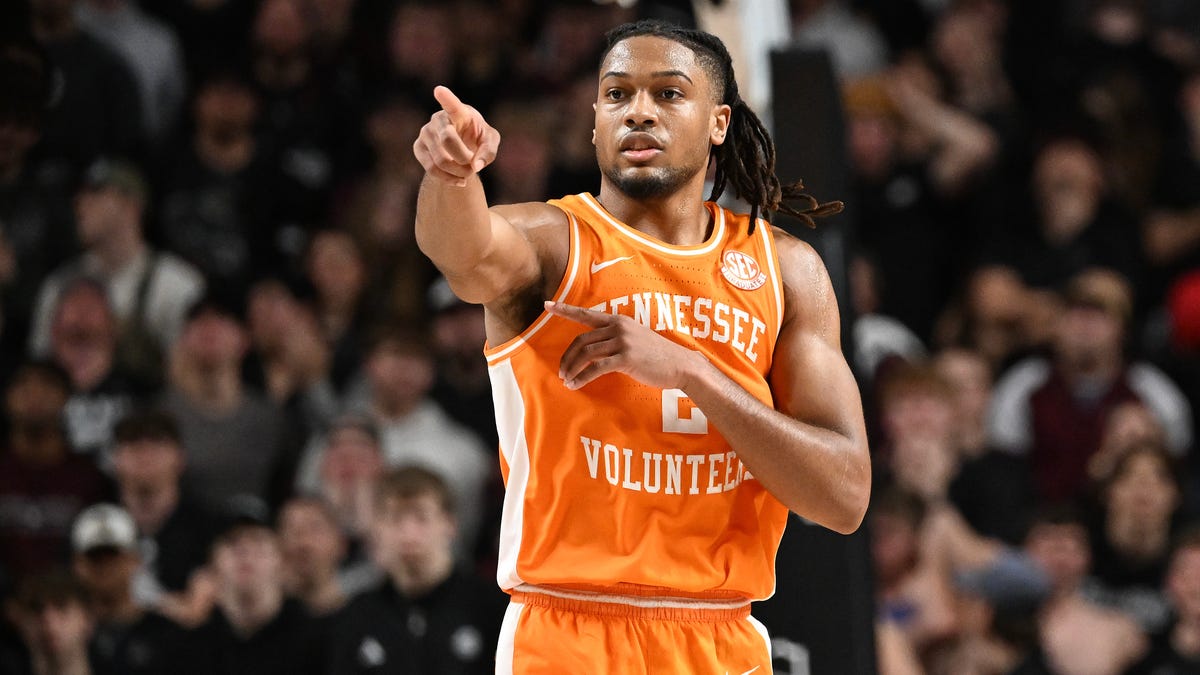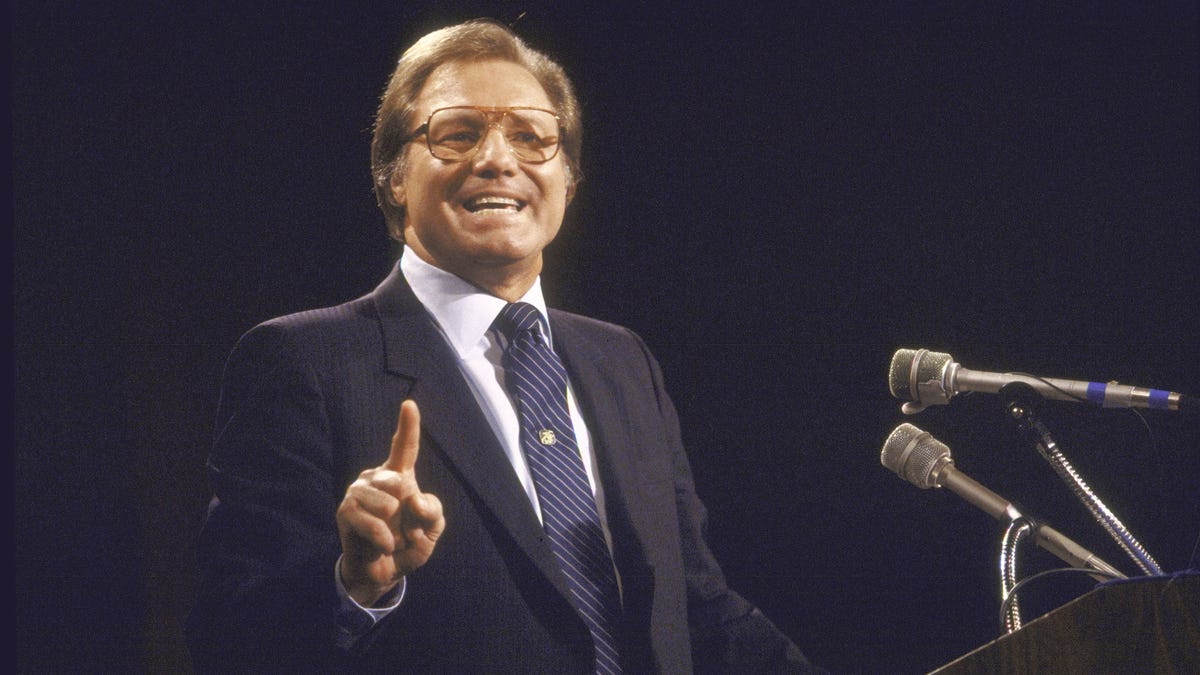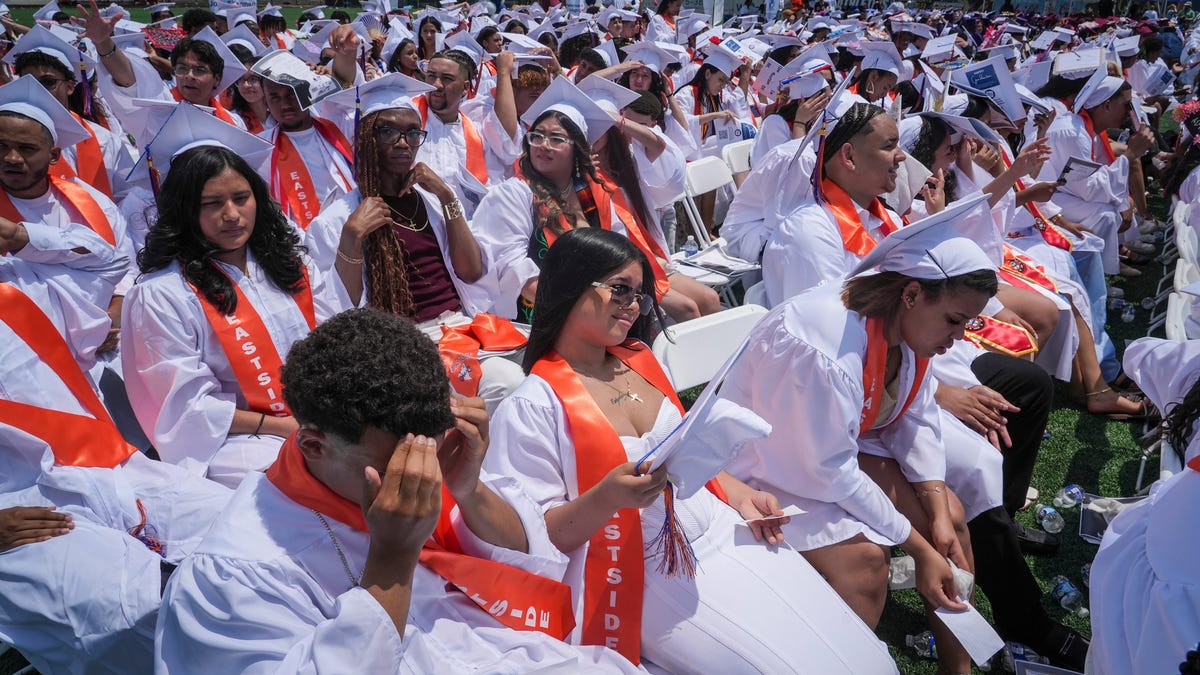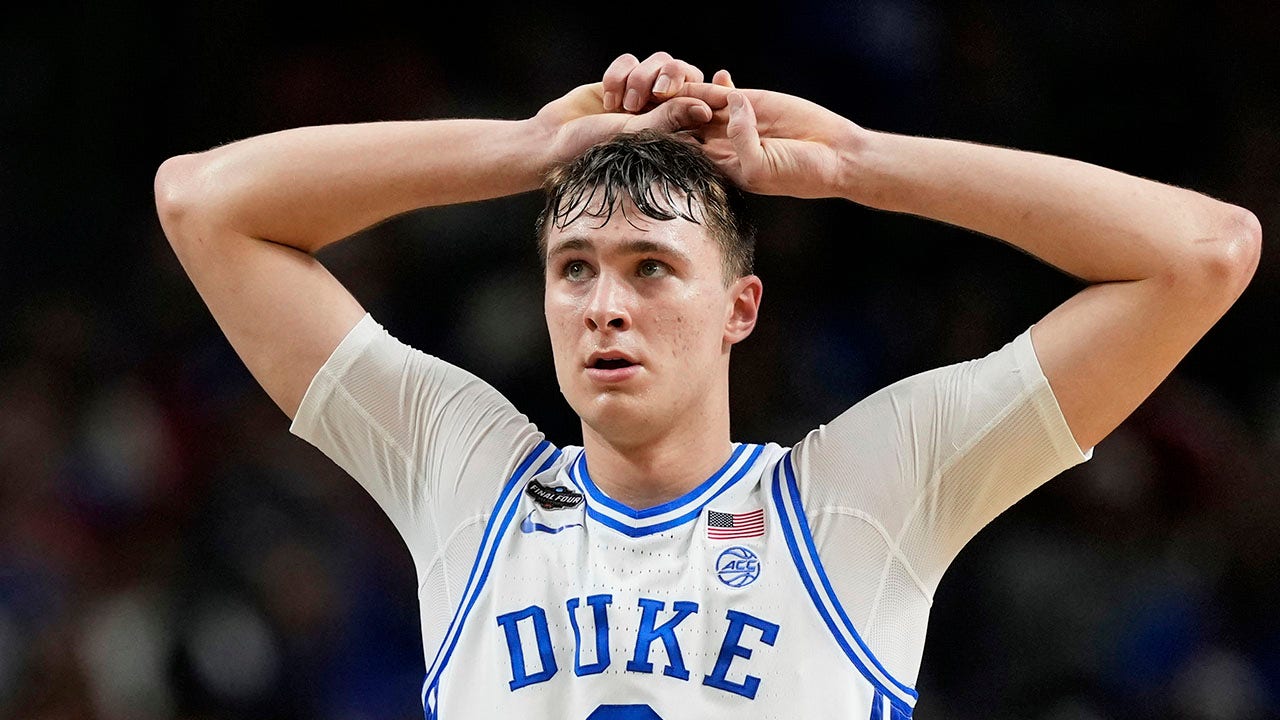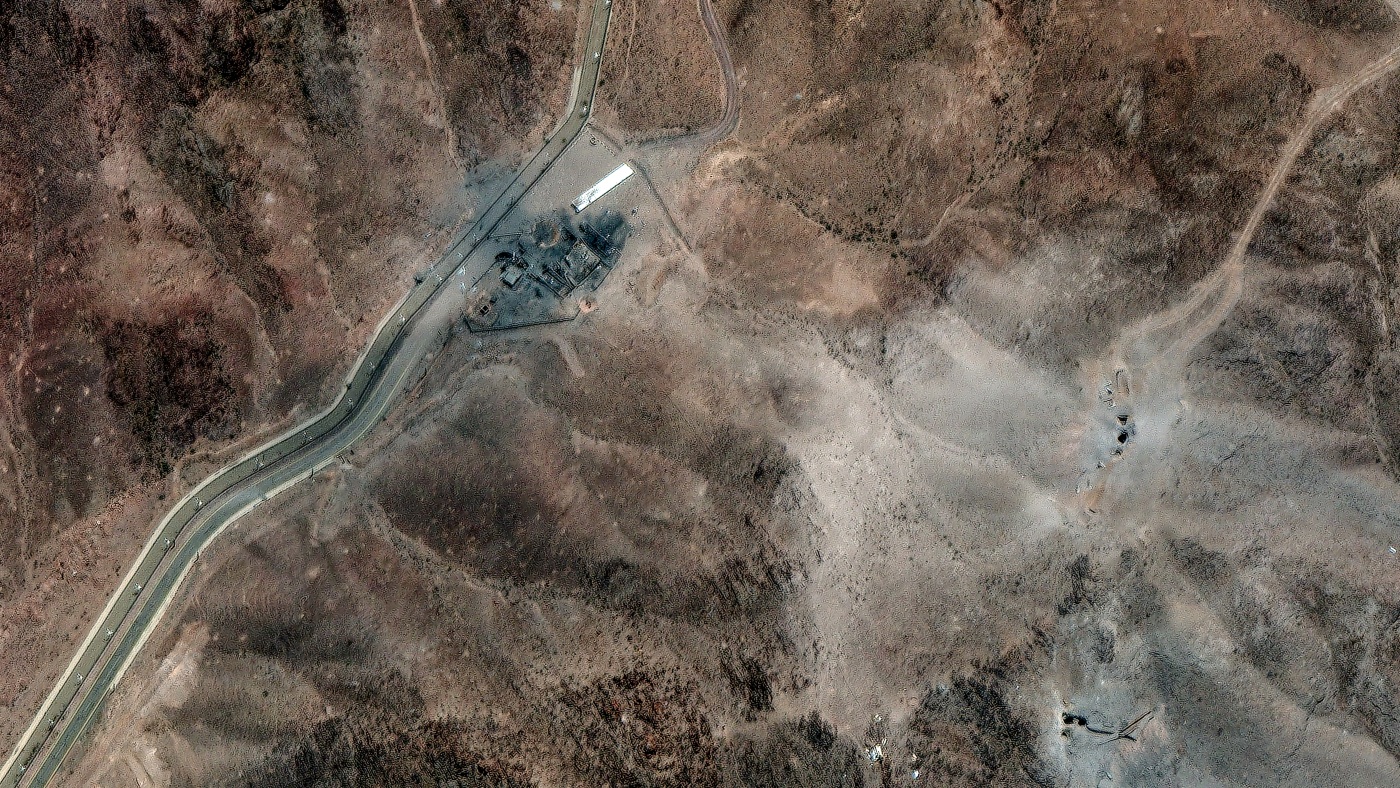Minneapolis, MN
Minneapolis Public Schools sending cyber attack notification letters
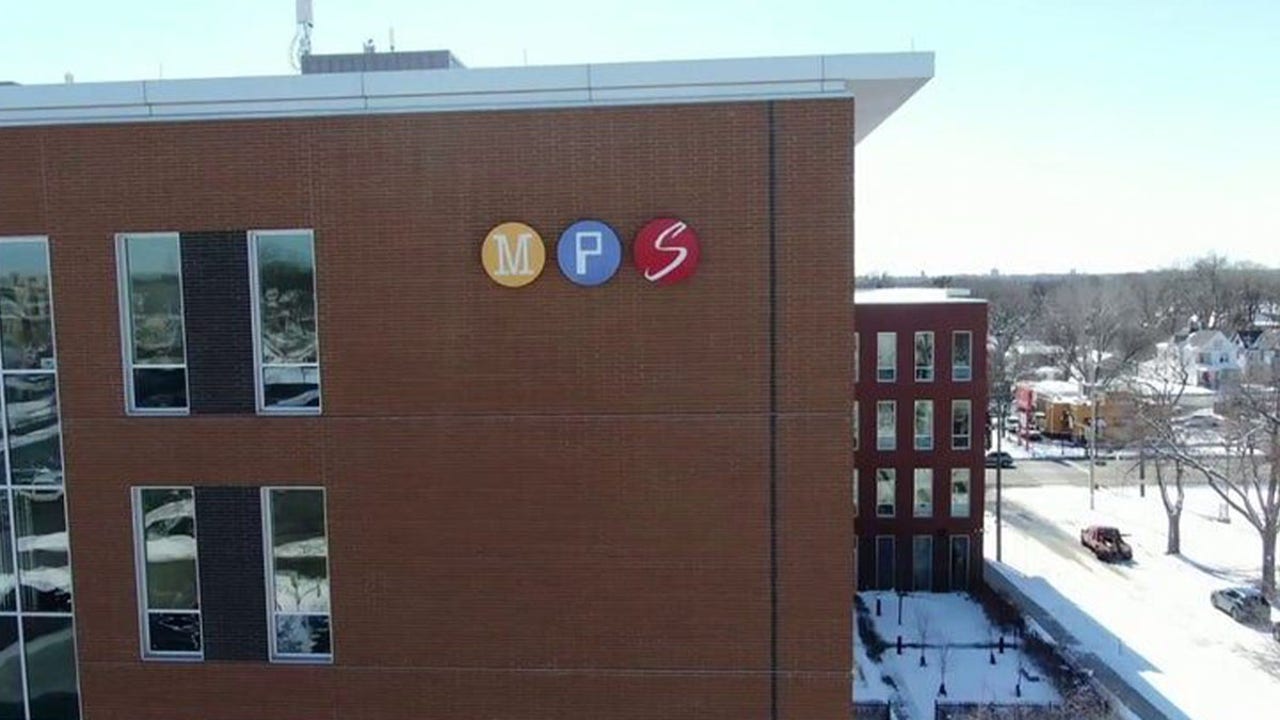
Minneapolis Public Schools faces ransomware deadline
The Minneapolis School District is facing a serious deadline on Friday following a ransomware attack. Hackers are threatening to release more highly sensitive information if the district doesn’t pay up. FOX 9’s Kelly O’Connell has the latest on this deadline and what the hackers are asking for.
MINNEAPOLIS (FOX 9) – Following a cyber attack and ransom that the district says has affected more than 10,000 students, Minneapolis Public Schools (MPS) says it is in the process of notifying individuals of their exposed personal information.
According to the district, notification letters should arrive at homes within the next two weeks informing individuals whose information was compromised.
The types of personal information that may have been accessible to hackers include name, address, date of birth, Social Security number, driver’s license number, financial account number, state student number, medical/health information, and health insurance information, according to the district.
In February, MPS faced a deadline after cyber criminals threatened to release the highly sensitive information if the district didn’t pay a $1 million ransom.
The data was then released on the dark web, an area of the internet that requires special software to access and allows users to be untraceable.
The same hackers previously released some of the stolen information including personal records of students, parents and staff in the district. One document leaked included an alleged sexual assault with students’ names and victim’s statements.
Private documents from Minneapolis Public Schools leaked by hackers
Cybercriminals have leaked private data from Minneapolis Public Schools including sensitive information like student names and victim statements from an alleged sexual assault. Now, cybersecurity experts worry the hack could be worse than the district has let on.

Minneapolis, MN
New Wolves owners want to leave Target Center. Here’s what’s at stake for downtown Minneapolis.
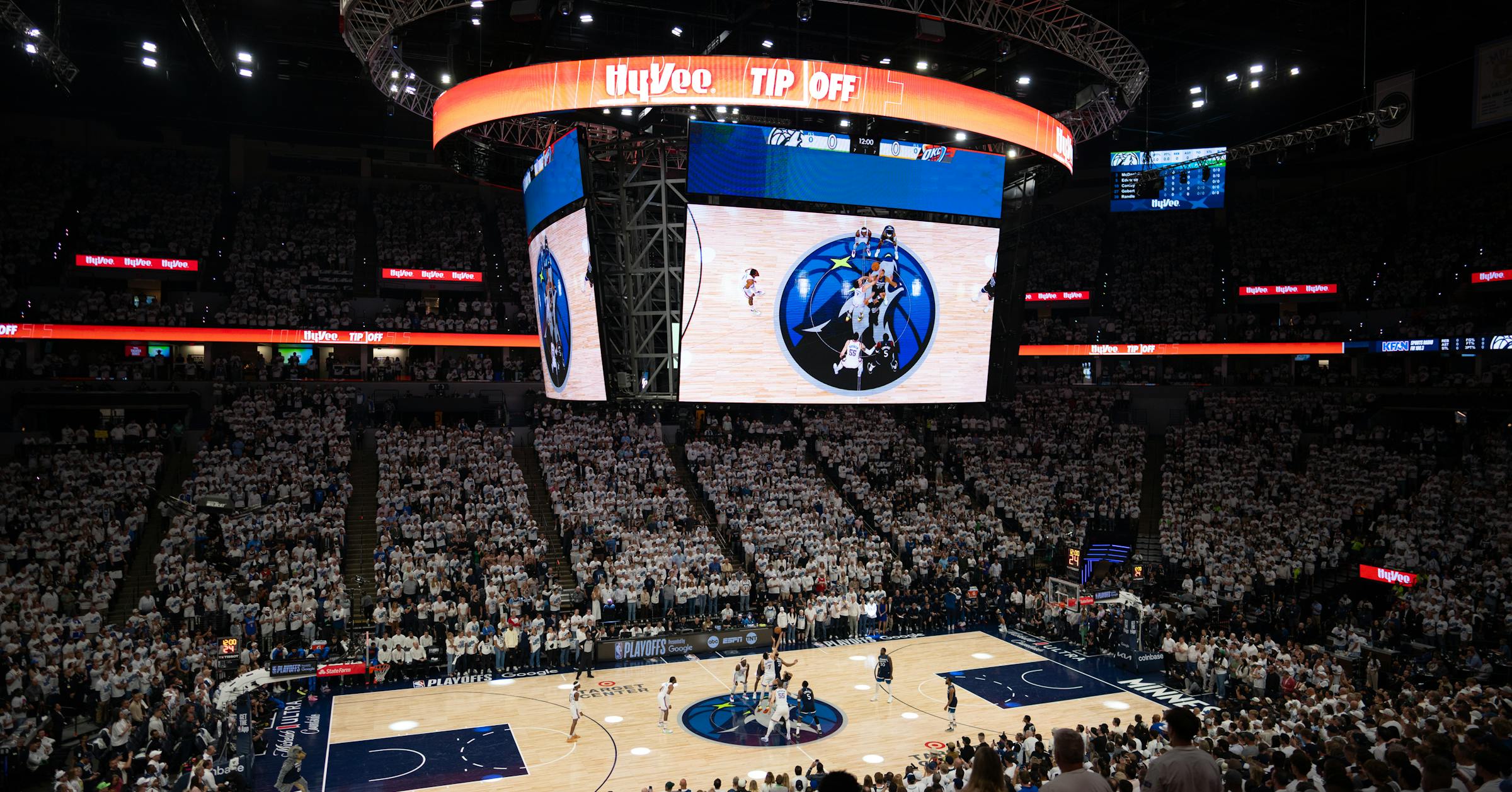
Other structural challenges hinder revenue and the fan, player and performer experience, too: The building has among the lowest number of premium seats in the league, and the concourses are narrow. Storage space is limited compared to other venues, as is loading space, an important consideration for many concert acts.
“It needs to be a two-block solution to get to the scale of what they’re talking about,” said Don Kohlenberger, who represented the building owner in the 2014 transformation of the former Block E building now known as Mayo Clinic Square.
Kohlenberger said there’s a lot of behind-the-scenes work happening to support and verify the viability of efforts to keep the arena downtown.
A key advantage of urban core is the transportation infrastructure to support large venues, said Adam Duininck, president and CEO of the Minneapolis Downtown Council.
Even if the new arena were to be located near the Minneapolis Farmers Market, a rumored site contender, Duininck is hopeful the project could mimic the economic impact that the construction of Target Field had on the North Loop and U.S. Bank had on the east side of downtown.
“It might feel a little more distant,” he said. “But not that long ago, the North Loop didn’t feel like a part of downtown. As downtown grows and evolves, it really does get hopefully woven together in a more cohesive manner.”
Minneapolis, MN
Cameras could catch Minnesota speeders starting this summer
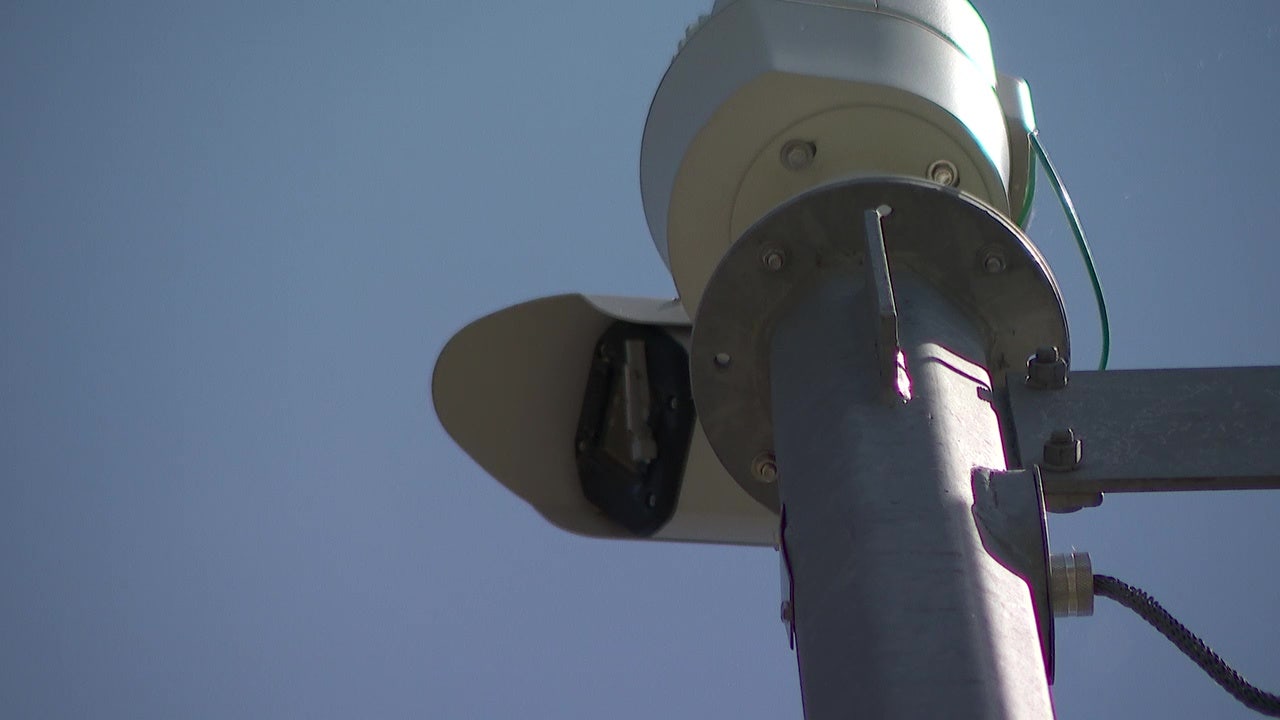
MINNEAPOLIS (FOX 9) – Speeding tickets will be coming from cameras in Minnesota before the summer is over.
Camera tickets coming
Two cities testing:
Minneapolis is on the road to approving a vendor to run the traffic safety camera program, and they won’t be alone.
The city plans to roll out five of them in September and then up to 42 over the course of a four-year pilot program.
But it’ll be Mendota Heights with the first camera in action on Aug. 1.

Minneapolis considering traffic cam locations
Ahead of the implementation of cameras on traffic lights that could catch drivers speeding and running red lights, Minneapolis officials are holding public meetings to inform residents of potential first locations of the pilot program.
Traffic cameras sending speeding tickets may seem like Big Brother to some, but to Mendota Heights police chief Kelly McCarthy, they’re the least intrusive way to make sure streets are safe, and maybe the most effective.
“We can send an officer and then as soon as the officer leaves, behavior goes back to the problematic levels,” Chief McCarthy said.
They’ll be the first city to use cameras to monitor speed under a 2024 law allowing just them and Minneapolis to put the cameras to the test.
Why do it?
Speed kills:
It’s a response to years of rising traffic deaths, most of which involved speeding drivers.
“We hope that we’ll get closer to the best cases we’ve seen in other communities where almost no one is speeding any more and that’s our goal,” said Ethan Fawley, a Minneapolis Public Works employee who heads the traffic safety program Vision Zero.
MnDOT will also run up to four cameras in highway work zones starting as soon as this fall.
But their system is limited to giving out warnings.
Crime and punishment
Limited trouble:
Mendota Heights and Minneapolis will give warnings the first time cameras catch a driver at more than 10 mph above the speed limit.
After that, it’s $40 per ticket and $80 if you’re more than 20 mph too fast, still a lot cheaper than most speeding tickets, and they won’t go on your driving record.
“It’s hard to say it’s a money grab,” said Chief McCarthy. “We’re going to lose money on this. We already have because we’ve been using this for years and just mailing out warnings.”
Lots of tickets?
Maybe, maybe not:
The chief predicts they won’t give out more than 10 tickets a year because drivers will get notified of a camera’s location online and on street signage. But she hopes the program succeeds at reducing speeding, especially since the law also only allows cameras within 2000 feet of schools.
Minneapolis may have different expectations about the number of tickets and the revenue they bring, compared to the vendor’s $12 million dollar contract.
“We do anticipate starting in 2026 that will start to cover the contract and other operational costs,” said Fawley.
The contract averages $3 million a year and at $40 a ticket, the city would have to give out 75,000 tickets every year to break even.
Minneapolis, MN
11-year-old boy dies in fatal shooting at Minneapolis park
“I cannot emphasize [enough] how terrible it is to have an 11-year-old boy shot during the day and killed,” O’Hara said.
The department has not disclosed what the relationship was between the boy and the other person with him when he was found injured.
O’Hara asked anyone with information to contact police.
“We are making a plea: Please, anyone who was here, to come forward and provide information, even anonymously, to help us bring some sense of justice to this child’s family,” O’Hara said.
This was the city’s 26th homicide of 2025, according to a Star Tribune database.
-

 Arizona7 days ago
Arizona7 days agoSuspect in Arizona Rangers' death killed by Missouri troopers
-
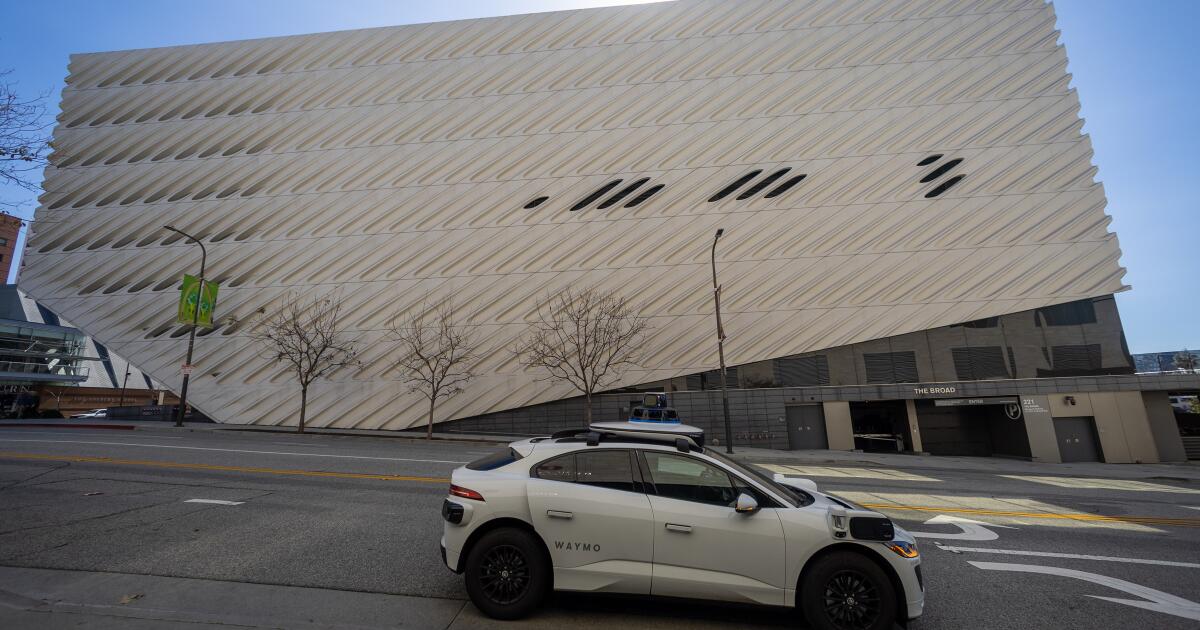
 Business6 days ago
Business6 days agoDriverless disruption: Tech titans gird for robotaxi wars with new factory and territories
-

 Culture1 week ago
Culture1 week agoMatch These Books to Their Movie Versions
-

 Education1 week ago
Education1 week agoJudge Delays Ruling on Trump Efforts to Bar Harvard’s International Students
-

 Business1 week ago
Business1 week agoWilliam Langewiesche, the ‘Steve McQueen of Journalism,’ Dies at 70
-
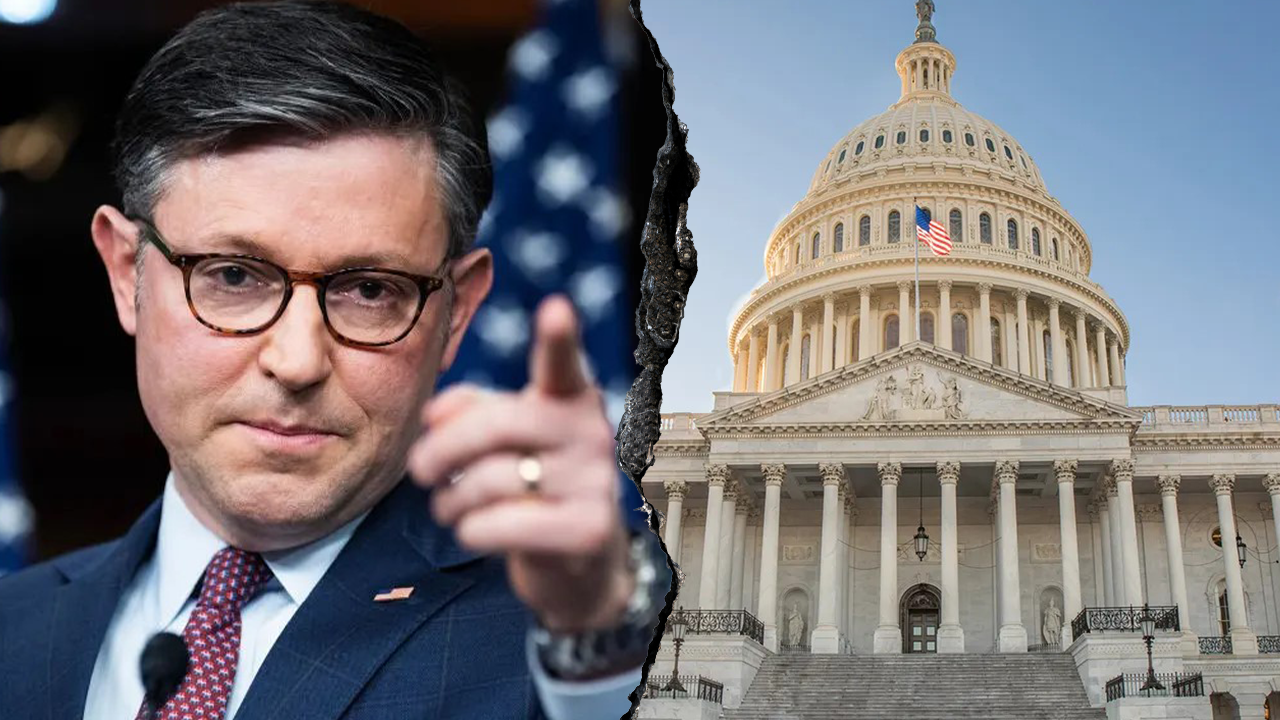
 Politics1 week ago
Politics1 week agoHow Johnson pulled off another impossible win with just 1-vote margin on $9.4B spending cut bill
-

 News1 week ago
News1 week ago‘The Age of Trump’ Enters Its Second Decade
-

 World1 week ago
World1 week agoIAEA warns Israel-Iran conflict threatens nuclear facilities, diplomacy
